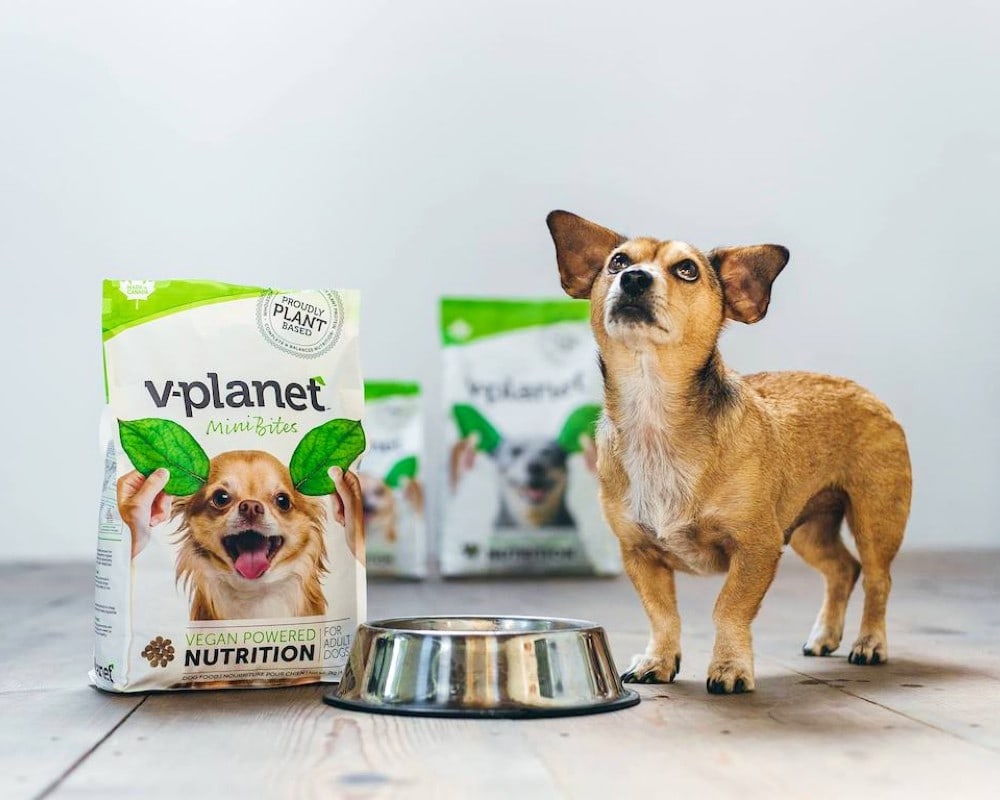
We all love our furry friends and want them to adapt to our own lifestyles. But sometimes, can that cause more harm than good? The impact of a vegan diet on pets has been a subject of heated debate for years. But there hasn’t been enough scientific evidence or formal assessments until now. A new study, published in Veterinary Sciences, digs deep into the subject by bringing together the findings of health studies on 16 cats and dogs on vegan diets.
The Question of Ethics

The world has witnessed an increasing awareness and popularity of plant-based or vegan diets in recent years. This practice was mainly spurred by various ethical concerns related to sustainability, health benefits, and animal welfare. Generally, pet owners also wish to feed their pets in adherence to these specific dietary choices. One study showed that around 35% of pet owners, who didn’t put their pets on vegan diets, would like to consider it. But their principal concerns were nutritional inadequacy, very few commercially available proper vegan pet foods, and a lack of overall veterinary support. It’s a traditional belief that feeding vegan diets to primarily carnivorous species clashes with their natural habitat, leading to serious health issues. The debate even gets to the ethical point where feeding vegan diets to carnivorous pets is considered animal cruelty. But what does actual science have to say about it?
The Question of Necessary Nutrients

Dogs are facultative carnivorous. That means they can digest plant material, and while they can survive without meat, they may not thrive. On the other hand, cats are obligate carnivores, meaning they consume more than 70% meat and can’t digest plant material. Their physical features are clearly designed to suit carnivorous lifestyles. Now soy or cereal grains, the main plant-based proteins used in vegan diets, contain fewer essential amino acids, omega-3 fatty acids, and zero essential vitamins. So, to maintain good liver, eye, and heart function, a properly balanced nutritional composition is necessary for vegan pet diets. As for some good news, the recent study shows no sign of nutritional deficiency in the pets on vegan diets. Rather several benefits were noted, like reduced obesity, reduced skin irritation, and better-smelling breath. But at the same time, as the study focuses on only a limited number of pets with just a few months of observations, long-term health impacts, if any, can be missed. So, researchers suggest taking a cautious approach in this matter, only using veterinary experts-guided balanced and complete vegan diet formulations to prevent your four-legged friends from having any nutrient deficiency.